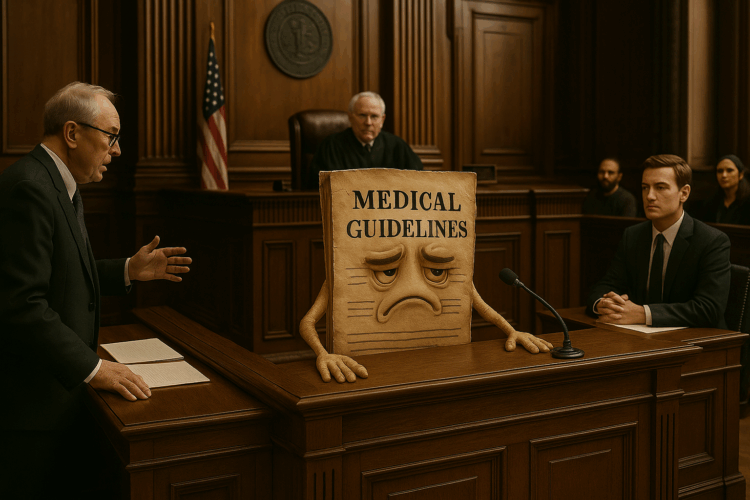Overview
In this episode we explore the three main sedatives used in critical care and how to choose the right agent for the right patient.
Highlights
- Benzodiazepines: once the workhorse of ICU sedation, but now linked to more delirium and longer ventilation. Still useful in alcohol withdrawal and seizures.
- Propofol: rapid on/off, easy to titrate, helpful for daily sedation holds and neuro assessments. Watch for hypotension, lipid issues, and the rare risk of infusion syndrome.
- Dexmedetomidine: provides light, cooperative sedation with minimal respiratory depression and less delirium, though bradycardia and hypotension are common drawbacks.
Takeaway
No single “best” sedative exists. Match the drug to the patient’s needs and clinical goals — and remember, keeping sedation light is often more important than which agent you use.
Next episode
We’ll wrap up the series with a look at current guidelines and the future of sedation in critical care.
Session expired
Please log in again.
The login page will open in a new tab. After logging in you can close it and return to this page.








